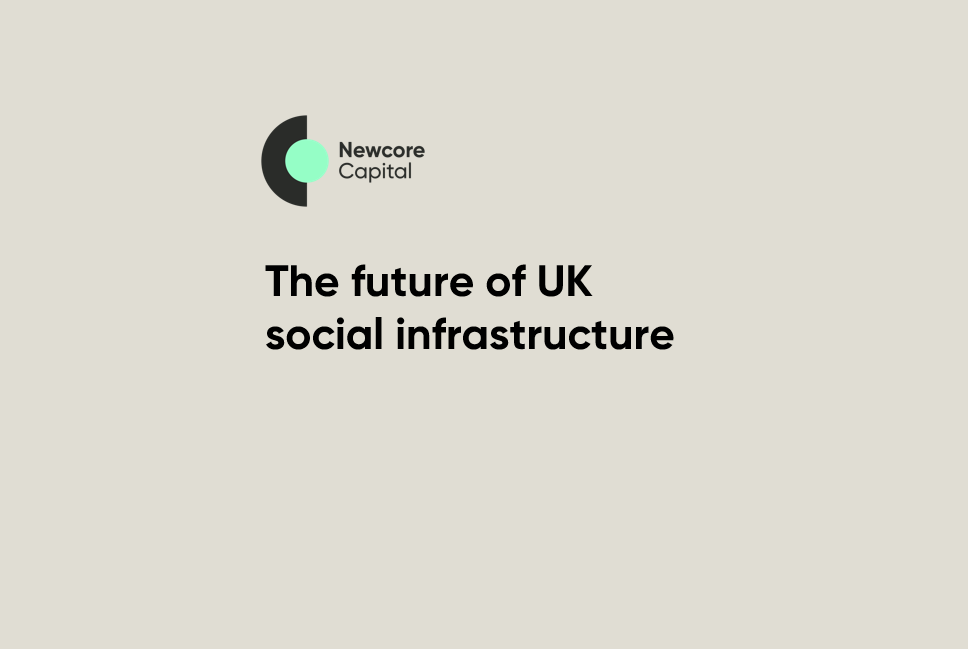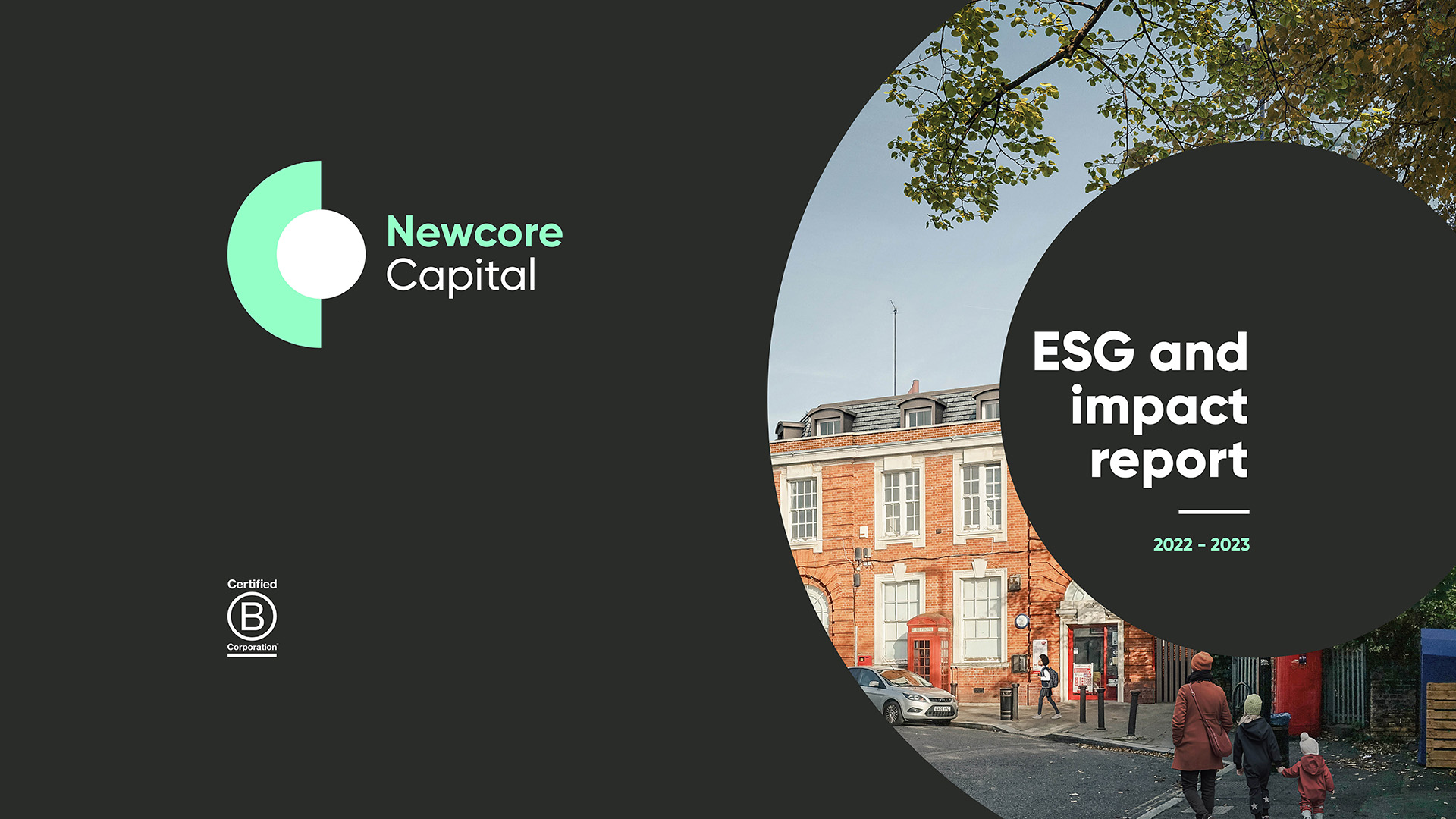The future of UK social infrastructure

category
Report, Research
date
January 10, 2024
ESG
ESG
Newcore Capital and futurist professor, Peter Madden OBE, have published a report on the future of UK social infrastructure which outlines opportunities for private sector investment into UK social infrastructure.
The paper sets out how investors and the real estate industry can understand and respond to challenges like climate change, resource scarcity, ageing populations, and the advent of new technologies like AI. New approaches to sustainability challenges, changing demographics, UK food production, and the further development of the space economy will drive growth of new sectors.
Investors expect that increased pressure on government spending will likely result in needing further private sector involvement in the provision of assets that serve essential needs. “There will be need to be more private-public funding to deal with a shortfall of government resourcing”, the report says.
Future need is influenced by structural shifts, such as ageing, widening wealth inequality, automation and the climate crisis – all of which will change how and where social infrastructure is delivered.
Investors should look to assets that are resilient to major economic, political, and environmental shocks and that can be adapted to changing circumstances.
“We are called to be the architects of the future, not its victims” R. Buckminster Fuller
New areas for potential investment include assets like onshore fish farming facilities, as warming oceans, overfishing, and the growing global demand for protein will make such sites increasingly important to the UK’s food security. Energy storage facilities are also becoming increasingly important with the mass-adoption of renewable energy sources and the electrification of the grid, while sustainable waste management facilities will adapt to new requirements in waste infrastructure stemming from resource shortages, circular economy approaches and supply chain risks.
Meanwhile, how we provide for our dead will change with shifts towards sustainable and eco-friendly burial options, the fact that many areas are running out of cemetery space and consideration of cultural change and different faith groups.
A widening wealth gap – the bottom 50% of population holds just 9% of the UK’s total wealth – is likely to exacerbate social polarisation and, as well as more investment to tackle the causes of inequality, may result in increased demand for real estate to accommodate police, migration control, and security services facilities.
Other types of new assets identified include vertical farming facilities, spaceports, VIP cycle stations, and elderly learning centres.
Hugo Llewelyn, CEO of Newcore Capital, said:
“Our report highlights the need for investors to be attentive to the shifting sands of UK society. Structural, global shifts will have diverse effects on the type of assets that will provide sustainable, long-term risk-adjusted investment returns. The need for investors in social infrastructure to co-opt these trends into their wider strategies is central. Newcore Capital continues to think carefully about these potential new, core sectors and include them in its value-add and core strategies as and when they become viable.”
Professor Peter Madden, OBE, Director of Vivid Futures, said:
“We can – and need to – do a better job at engaging with future challenges. Nobody wants stranded assets, figuratively or literally. In order to future-proof for the uncertain times ahead, I think the real estate sector needs an increased focus on resilience, more emphasis on the flexibility of assets, greater integration across sectors, and a much speedier shift towards sustainable solutions.”

